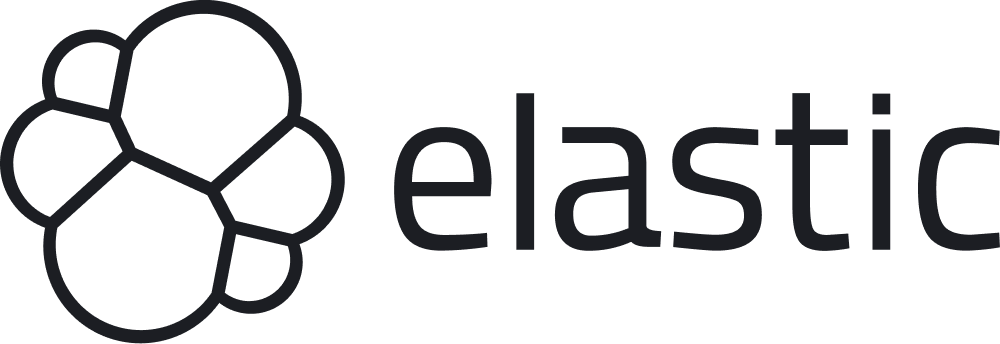Performance Comparison of PHP Instrumentation Agents
The following benchmarks compare the performance overhead of various PHP observability agents, including EDOT PHP, Elastic APM, and the official OpenTelemetry PHP agent. All tests were executed in a local Docker-based environment (PHP-FPM 8.2 + NGINX). In configurations that include a collector, it was also running locally, consuming shared CPU resources.
Benchmark Setup
- Application: Laravel/Aimeos running under PHP-FPM 8.2
- Environment: Local Docker with NGINX
- Telemetry Backends:
- Elastic Cloud APM endpoint (for ElasticAPM and EDOT)
- EDOT Collector (locally for EDOT PHP and for vanilla OTEL PHP agents)
Results Summary
| Variant | Avg. Time per Request [ms] | Overhead [ms] |
|---|---|---|
| NO AGENT | 17.36 | 0.00 |
| Elastic APM PHP | 20.63 | 3.27 |
| EDOT PHP | 23.08 | 5.71 |
| EDOT PHP + Collector | 24.37 | 7.01 |
| Vanilla OTEL PHP + Protobuf (C extension) + Collector | 25.76 | 8.40 |
| Vanilla OTEL PHP pure PHP protobuf export + Collector | 49.02 | 31.66 |
| Vanilla OTEL PHP pure PHP protobuf export | 2158.58 | 2141.22 |
Key Findings
- EDOT PHP delivers the best balance of performance and observability, with low overhead and full compatibility with Elastic and OpenTelemetry ecosystems.
- The Elastic APM agent provides slightly lower latency but is limited to the Elastic stack.
- Vanilla OTEL PHP with Protobuf via C extension improves significantly over pure PHP, but still trails behind EDOT PHP.
- The pure PHP implementation of Protobuf export in Vanilla OTEL PHP leads to extreme performance degradation, rendering it impractical for real-world use.
- Running a local collector increases CPU load, especially when colocated with the application container.
Recommendation
For modern, production-ready PHP observability, EDOT PHP is the top recommendation. It offers strong OpenTelemetry support and excellent performance, significantly outperforming the official OpenTelemetry PHP implementation while remaining flexible and standards-compliant.
